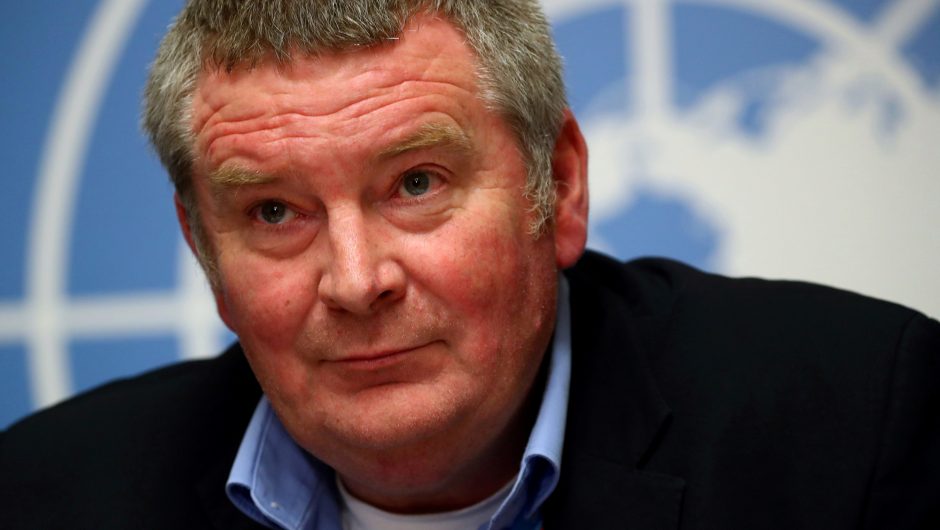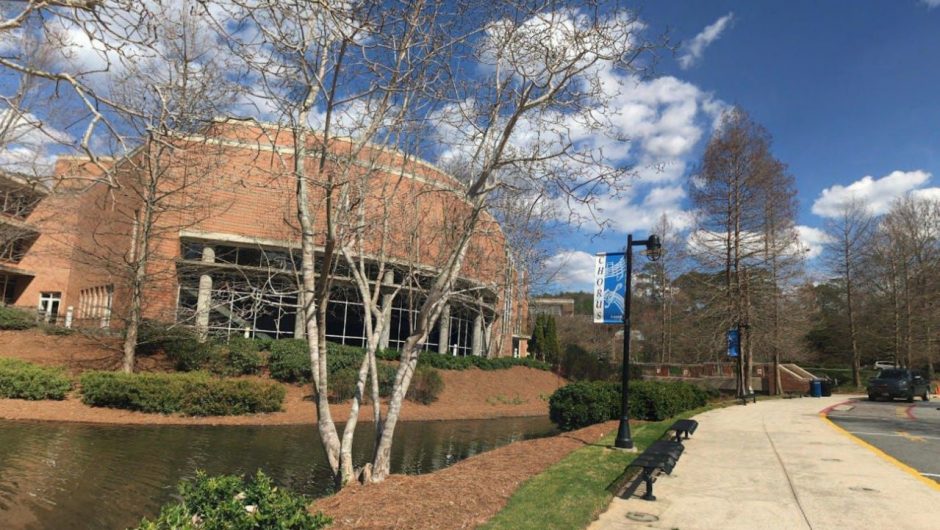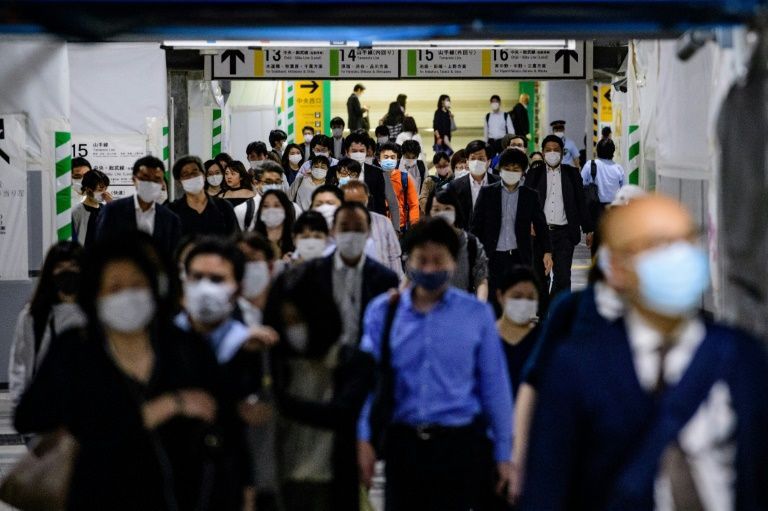Millions of Americans are postponing routine medical tests that could detect cancer and other life-threatening conditions — leaving them dangerously vulnerable to ending up in later stages of the disease, a new study warns.
The biggest decline in lifesaving tests is occurring in cities hardest-hit by the coronavirus, including Manhattan, as people quarantine themselves and opt out of annual wellness checks, according to Komodo Health, which runs one of the country’s largest medical-claims databases.
“One of the biggest commonalities of life is fear, and people are afraid to go to medical centers,” Dr. Wasif Saif, head of the Northwell Health Cancer Institute on Long Island, told The Post on Tuesday.
“I think that’s going to have a huge impact on humanity,” he said.
Diagnostic tests and cancer screenings typically performed during annual doctor check-ups have fallen up to 68 percent nationally since mid-March, Komodo’s study found.
For example, cervical-cancer screenings plummeted nearly 70 percent, cholesterol testing dropped 67 percent and blood-sugar tests for diabetes fell 65 percent, it said.
“We’re seeing a tremendous impact on preventative care, as well as on chronic conditions with massive implications for the healthcare system,” Komodo Chief Executive Dr. Arif Nathoo told Reuters.
“It speaks volumes to just how much COVID is impacting everyone’s health and wellness,” he said.
Dr. David Cooke of US-Davis Health in California noted, “We’re not doing cancer screenings such as mammography for breast cancer and lung-cancer screening. There is concern that we are delaying standard-of-care treatment for patients with potentially curable cancers.”
Dr. Saif added that while his hospital network’s current cancer patients are being treated, there have been necessary changes in the frequency of treatment and follow-up, which is concerning.
“Every day I have to make a decision — we have to weigh a risk,” he said, referring to such situations as telling an immunity-challenged patient to come in for more chemo or to get a follow-up scan in a hospital where the contagion is being battled. “It is an extremely challenging, sensitive issue.”
Dr. Rachel Kramer of East Side Oncology Associates in Manhattan said New York City presents a unique problem in some ways.
“People are not going to their mammograms, [and] part of it is because, in New York, we have a lot of privileged people that can go to their second home — like the Berkshires and Hamptons,” she said.
“I can’t go to them,” she said. “People are calling to ask, ‘Where can I go in Bedford [in Westchester County] or the Hamptons?’ ”
Dr. Edward Gold, an oncologist with Hackensack Meridian Health, Pascack Valley Medical Group, in Emerson, NJ, added, “I’m concerned about people who have a real problem and are afraid to come in or go to an emergency room.
“[They] have critical problems and are ignoring their system — and the next thing you know, they have a blood clot in their lungs.”








